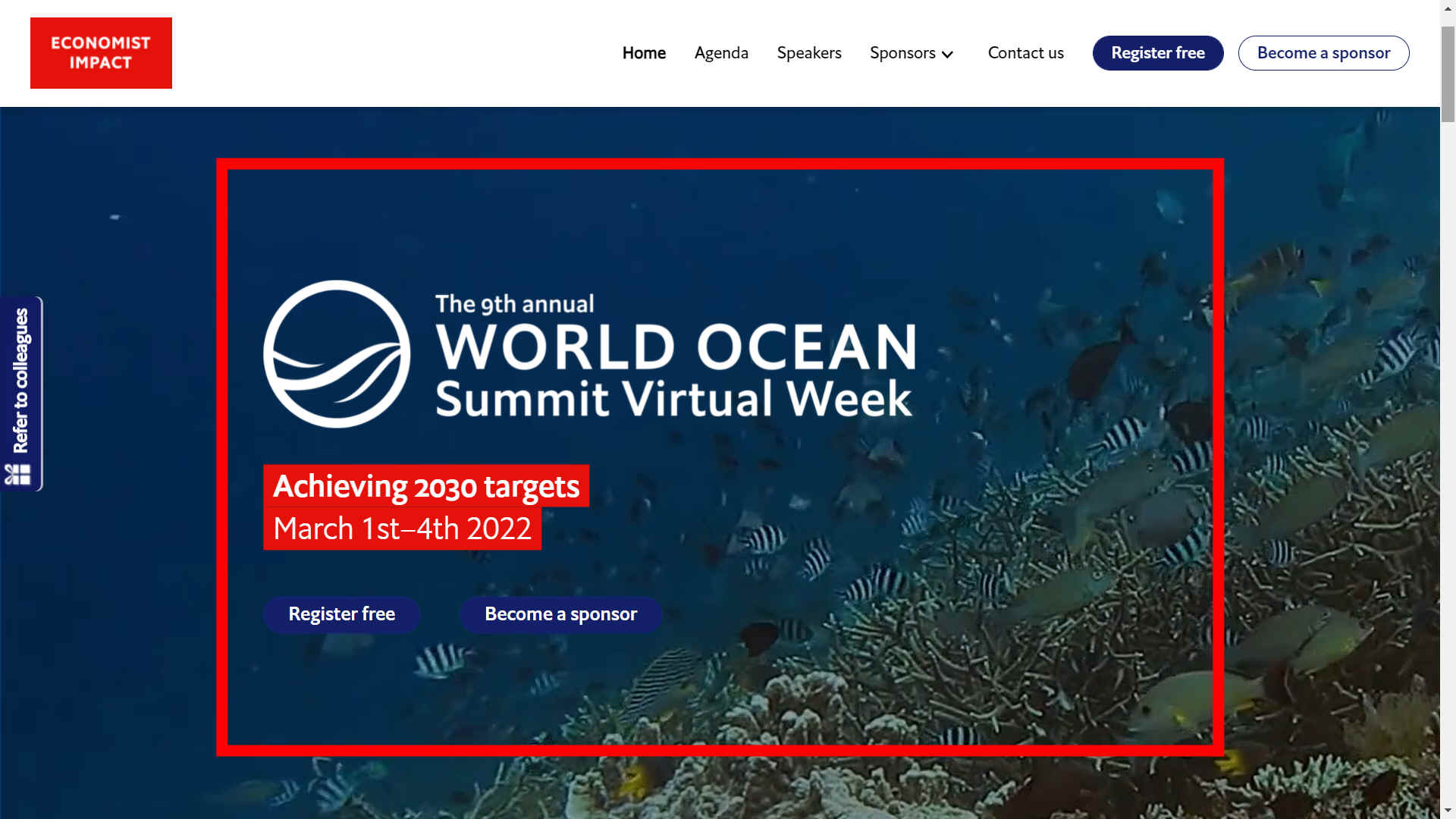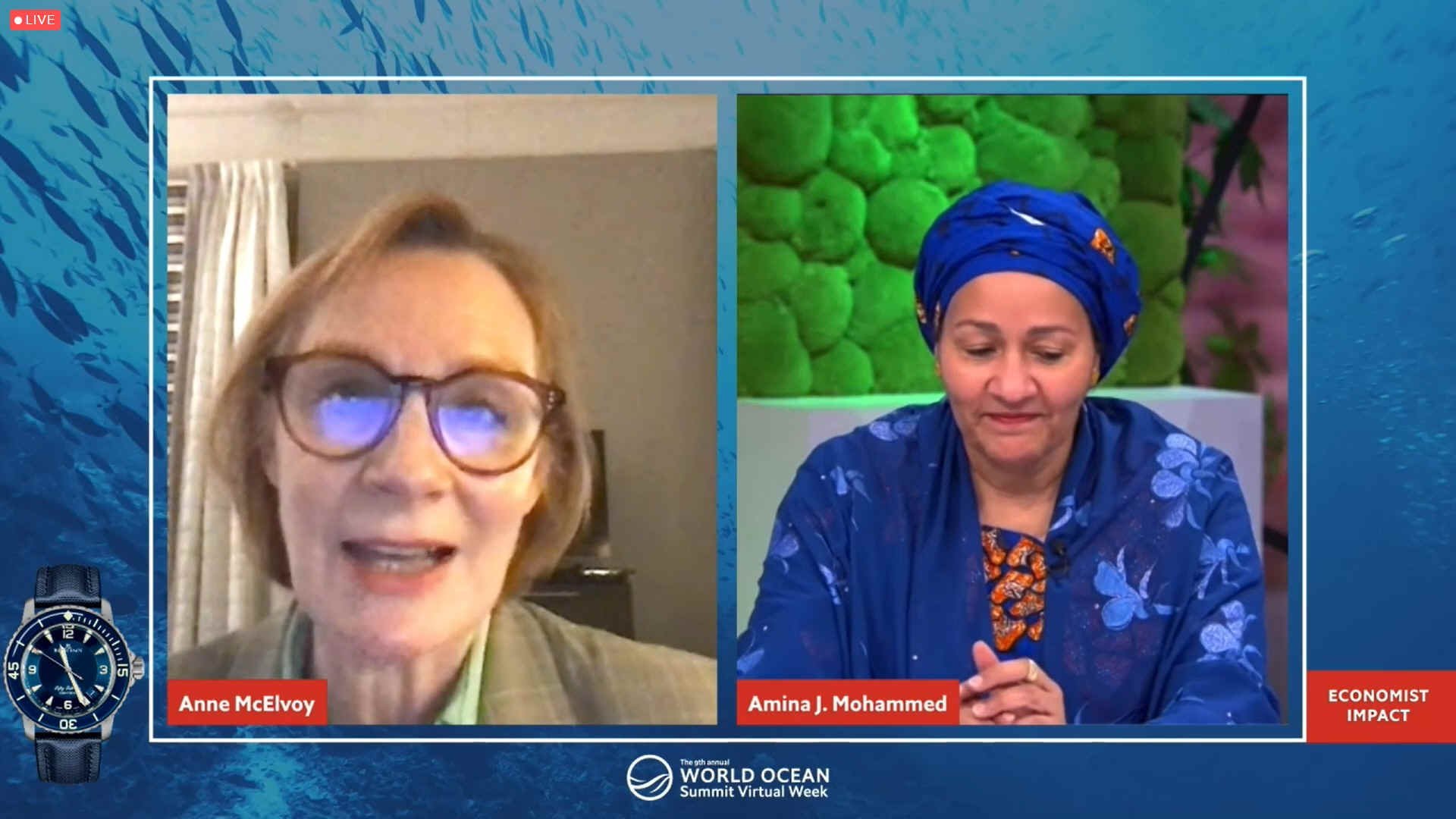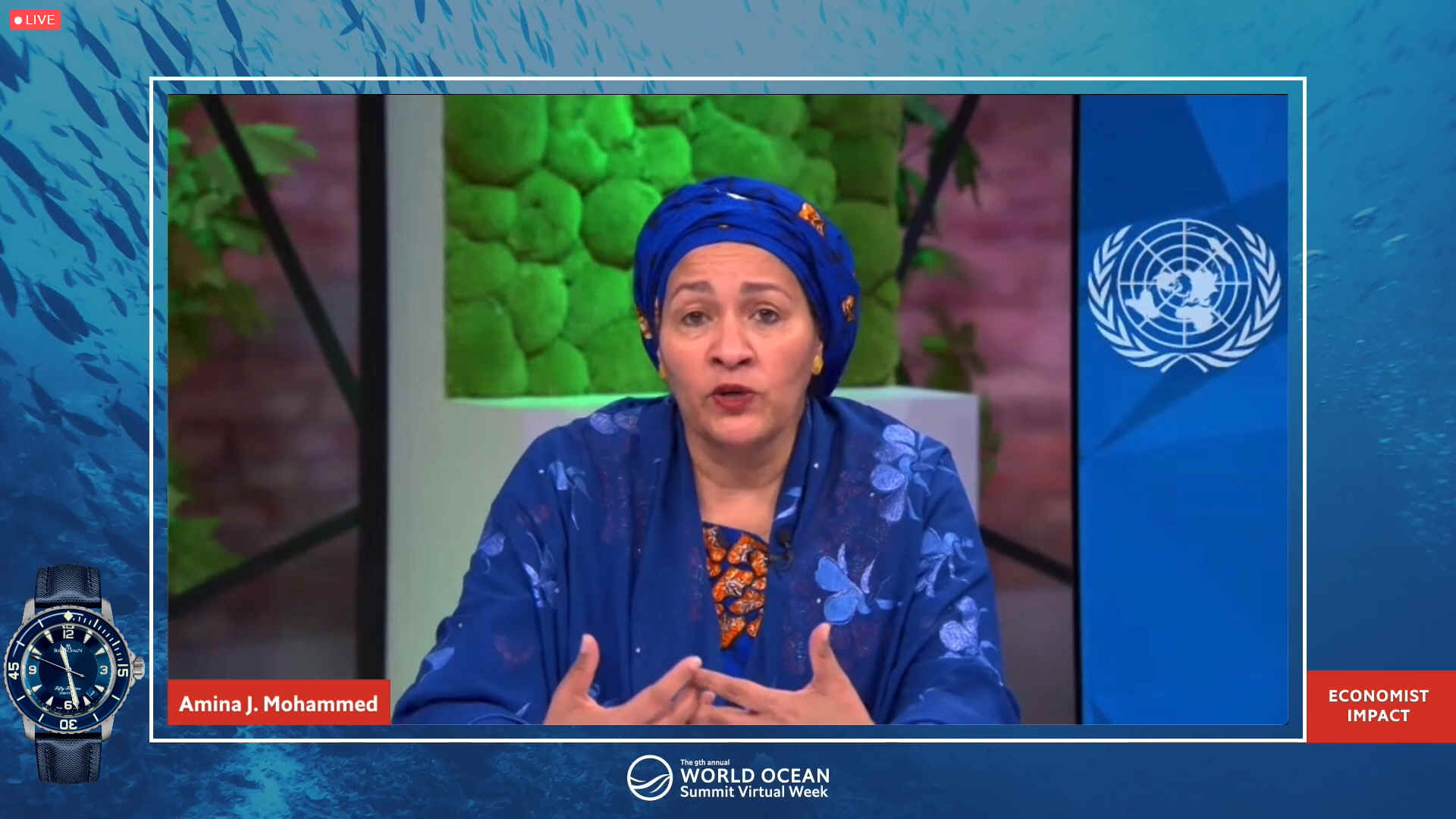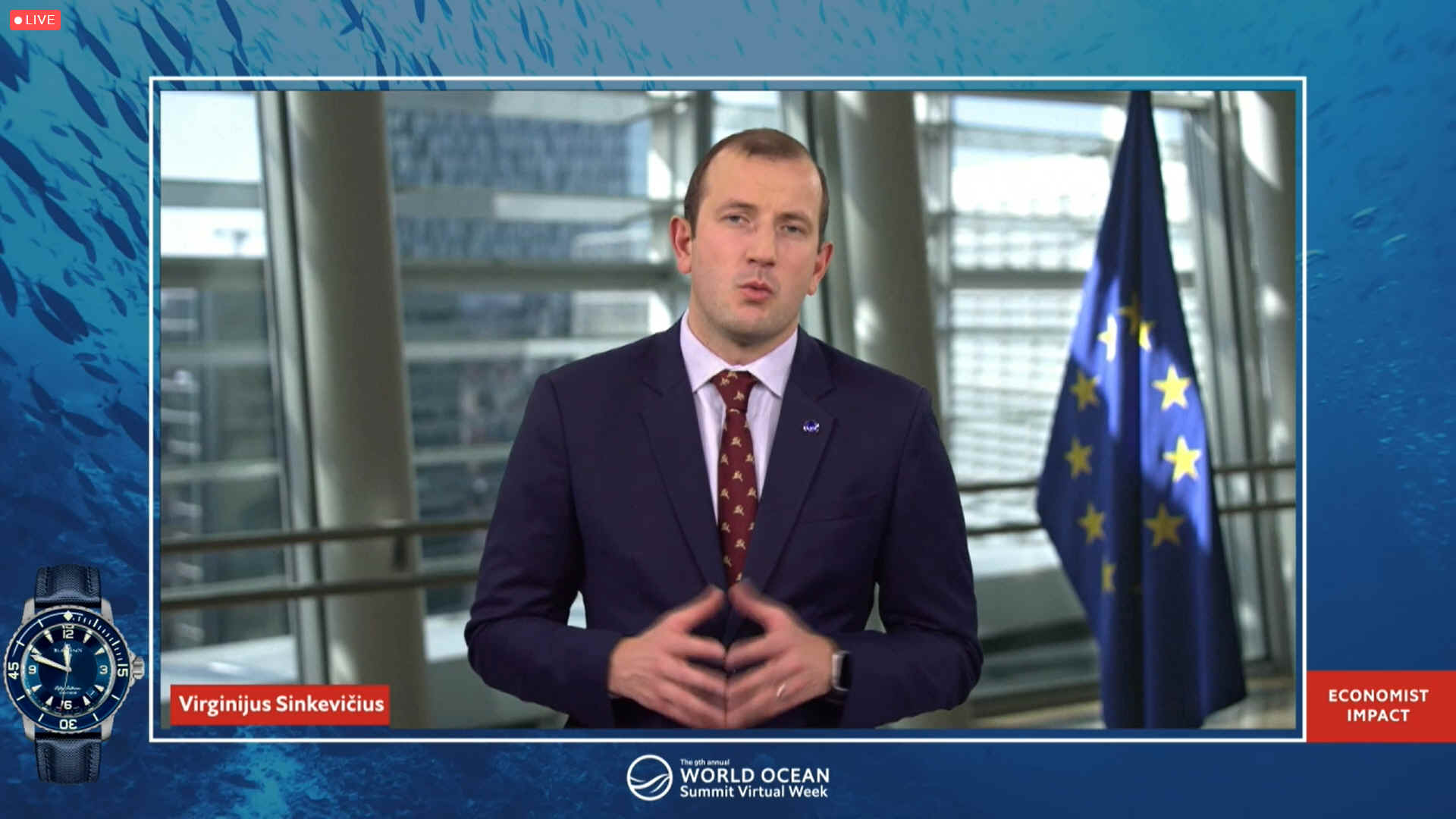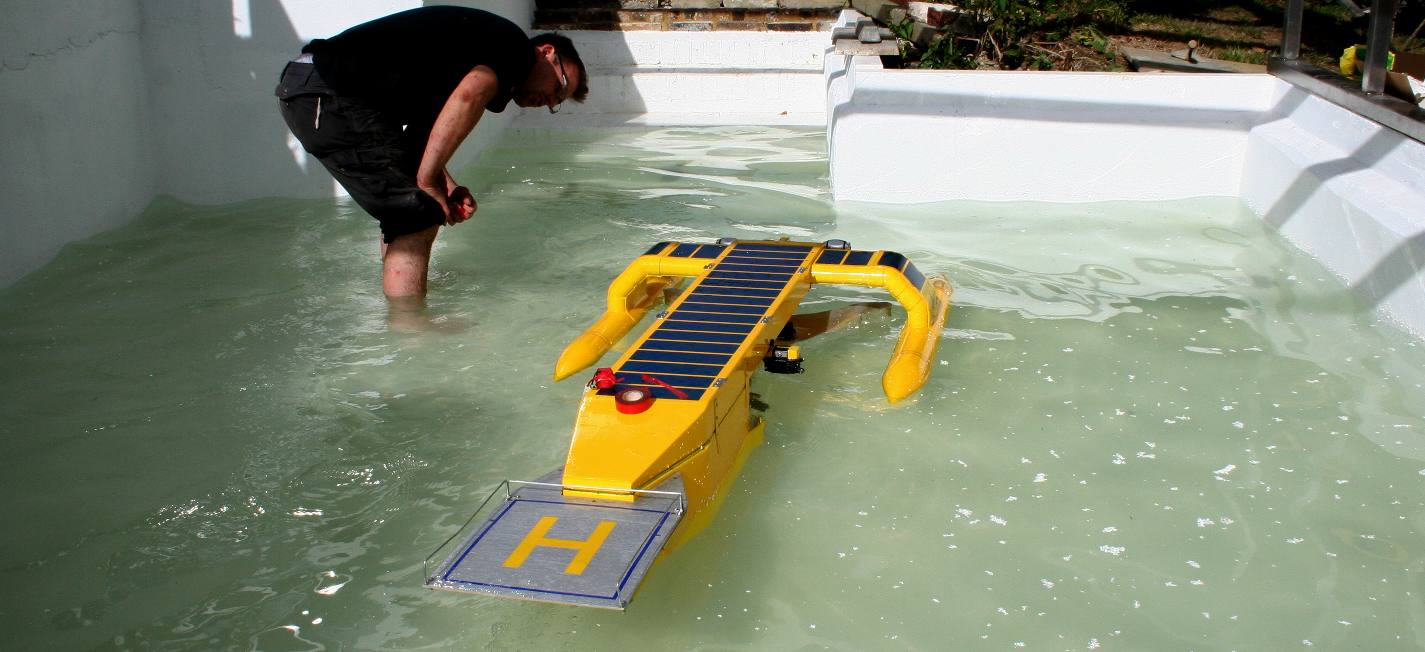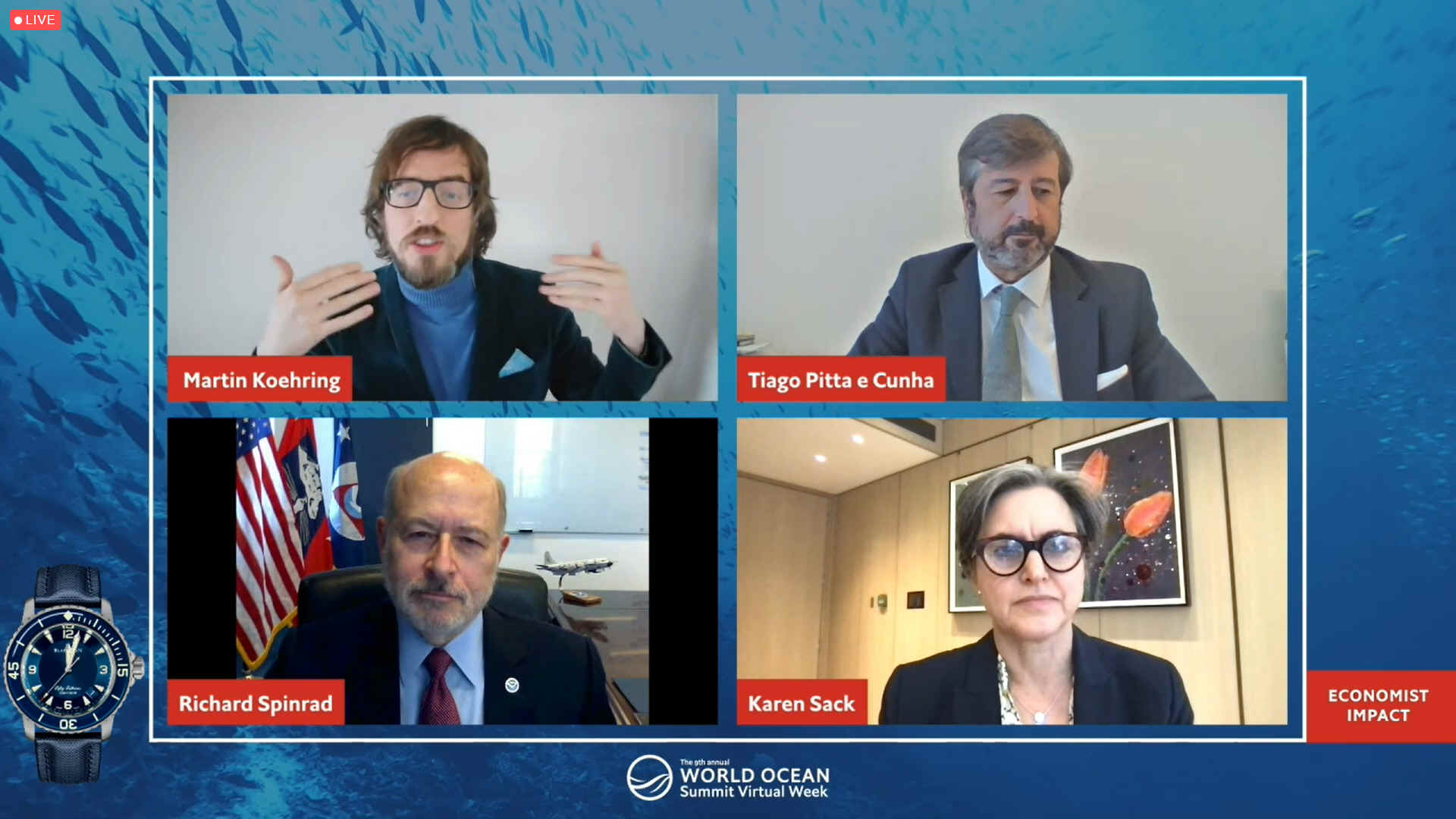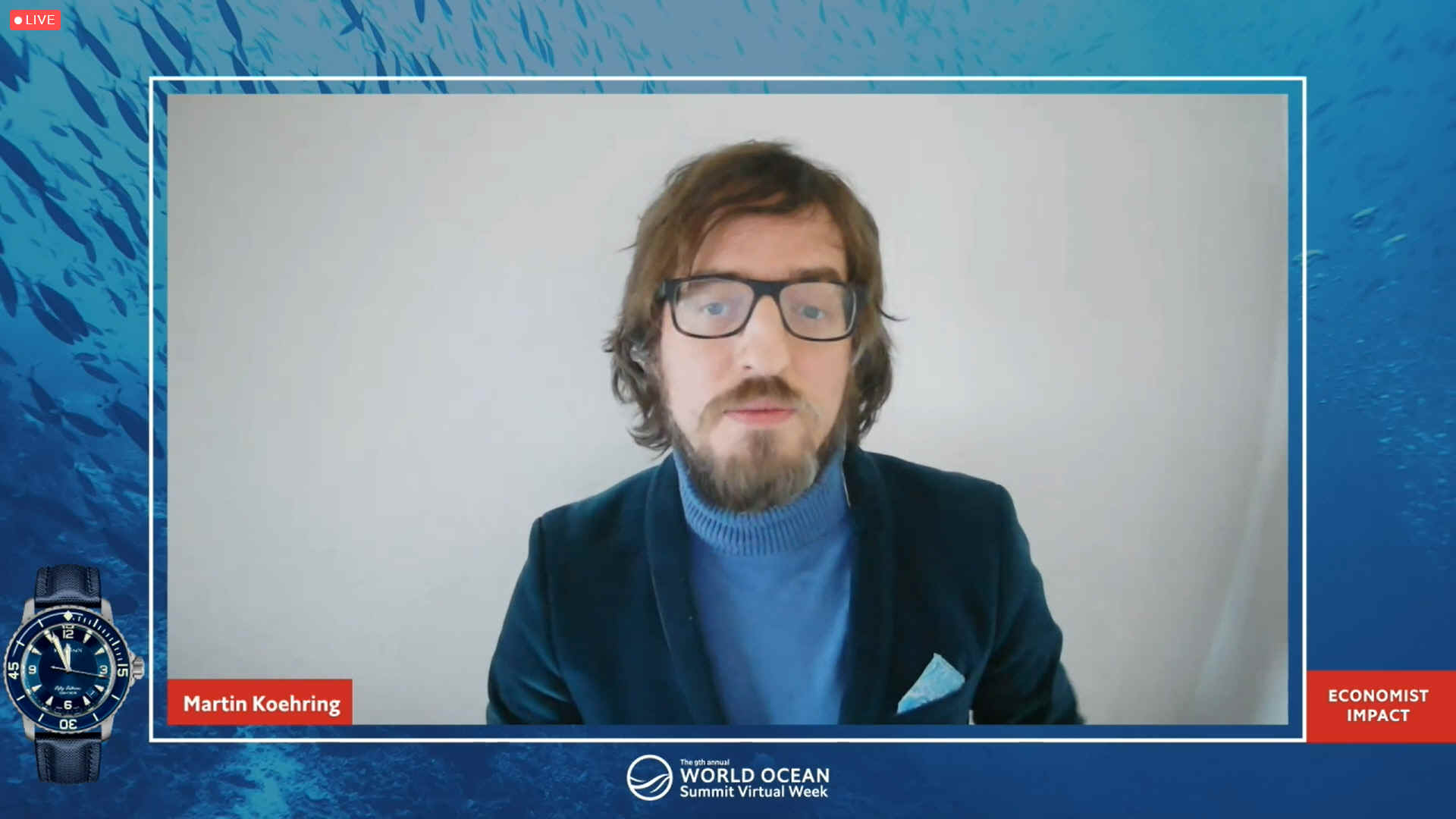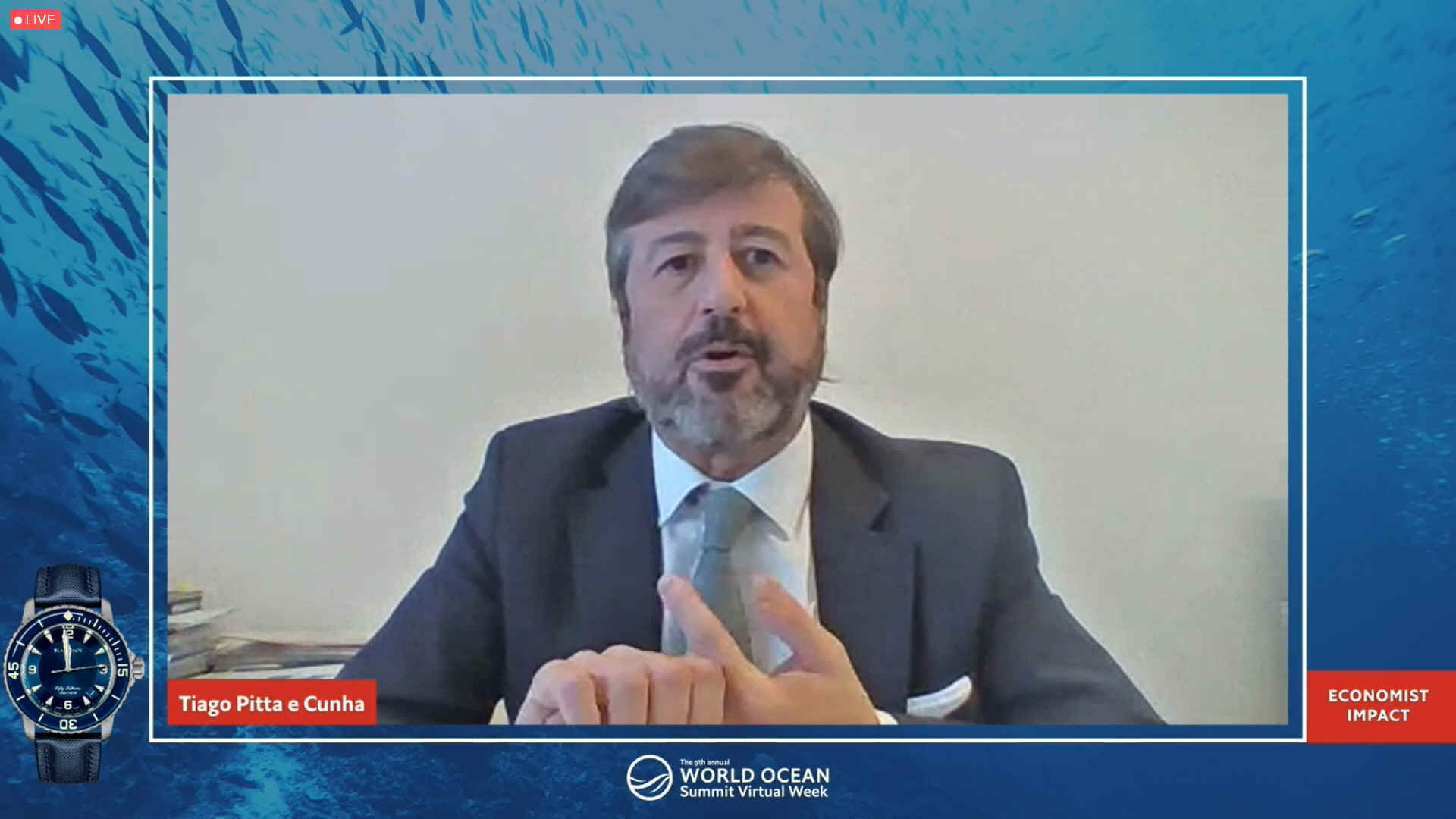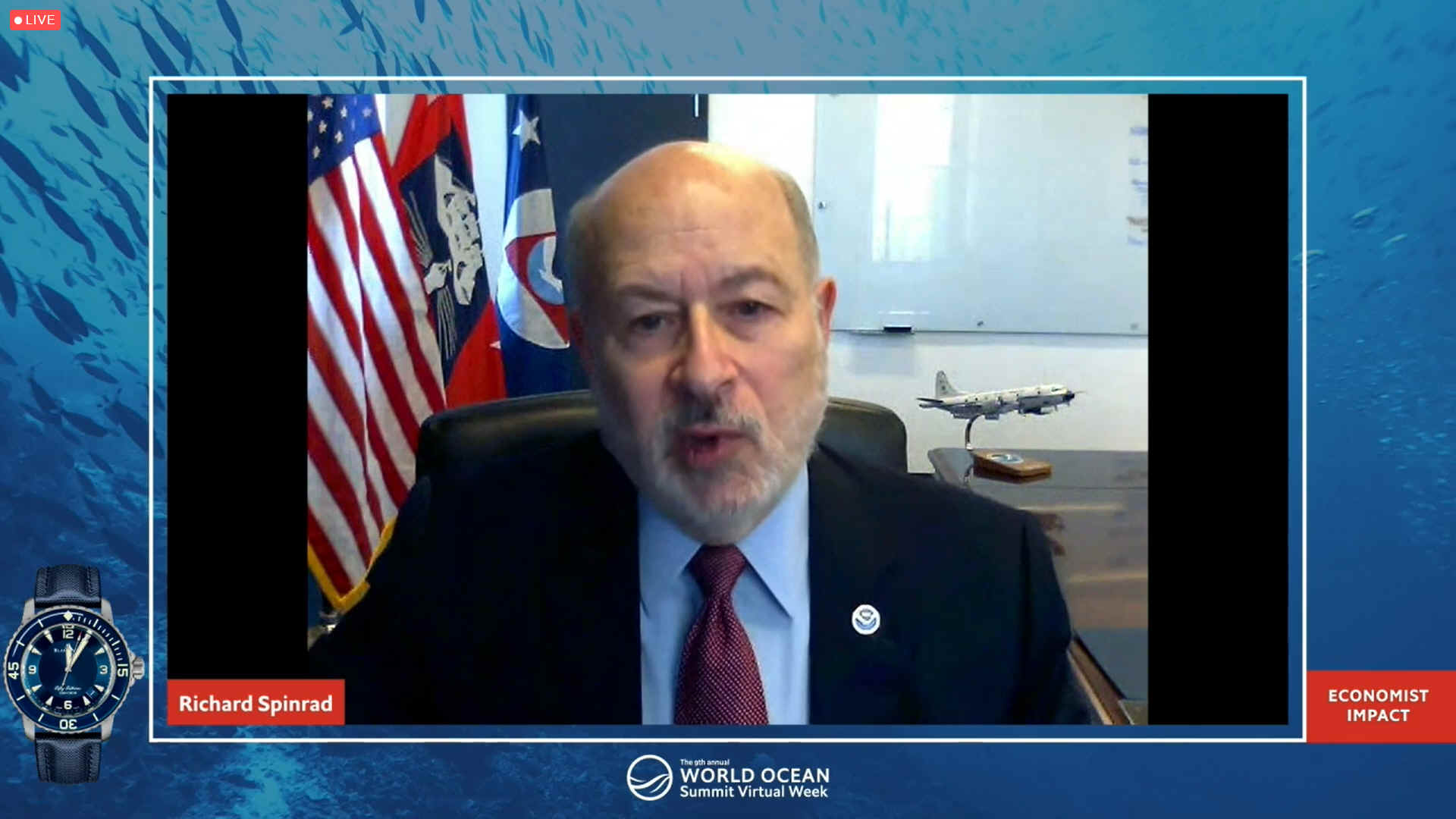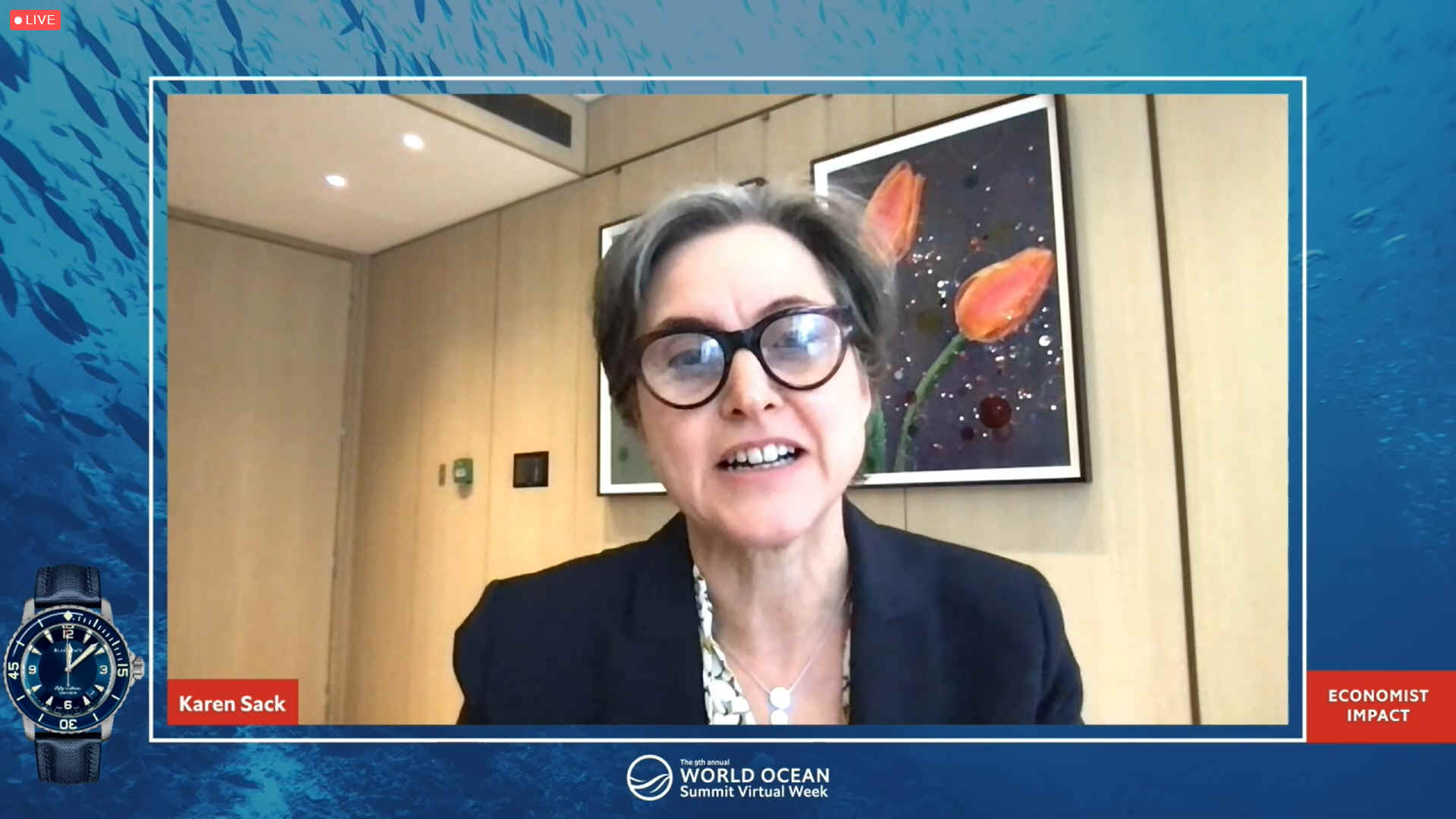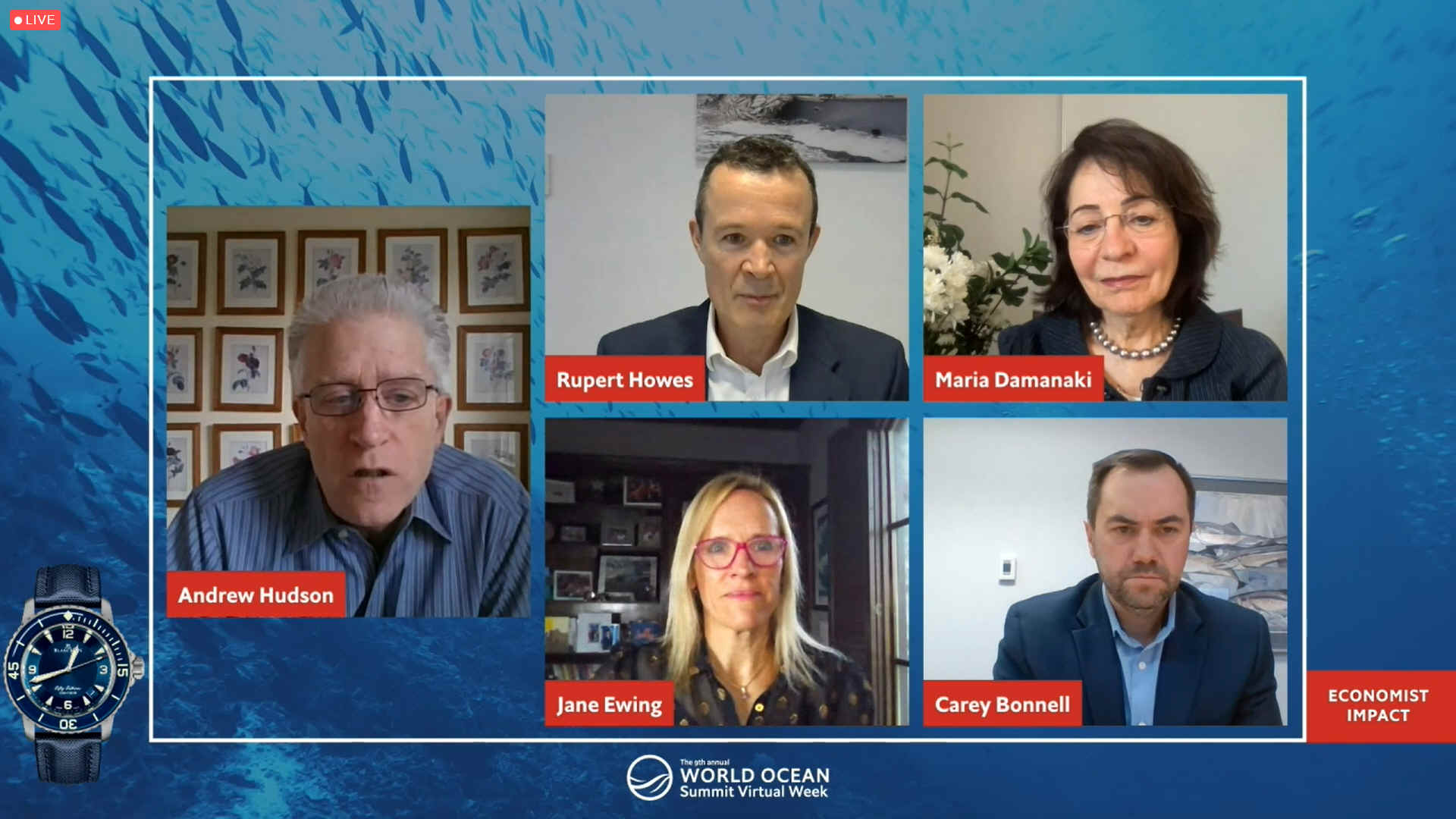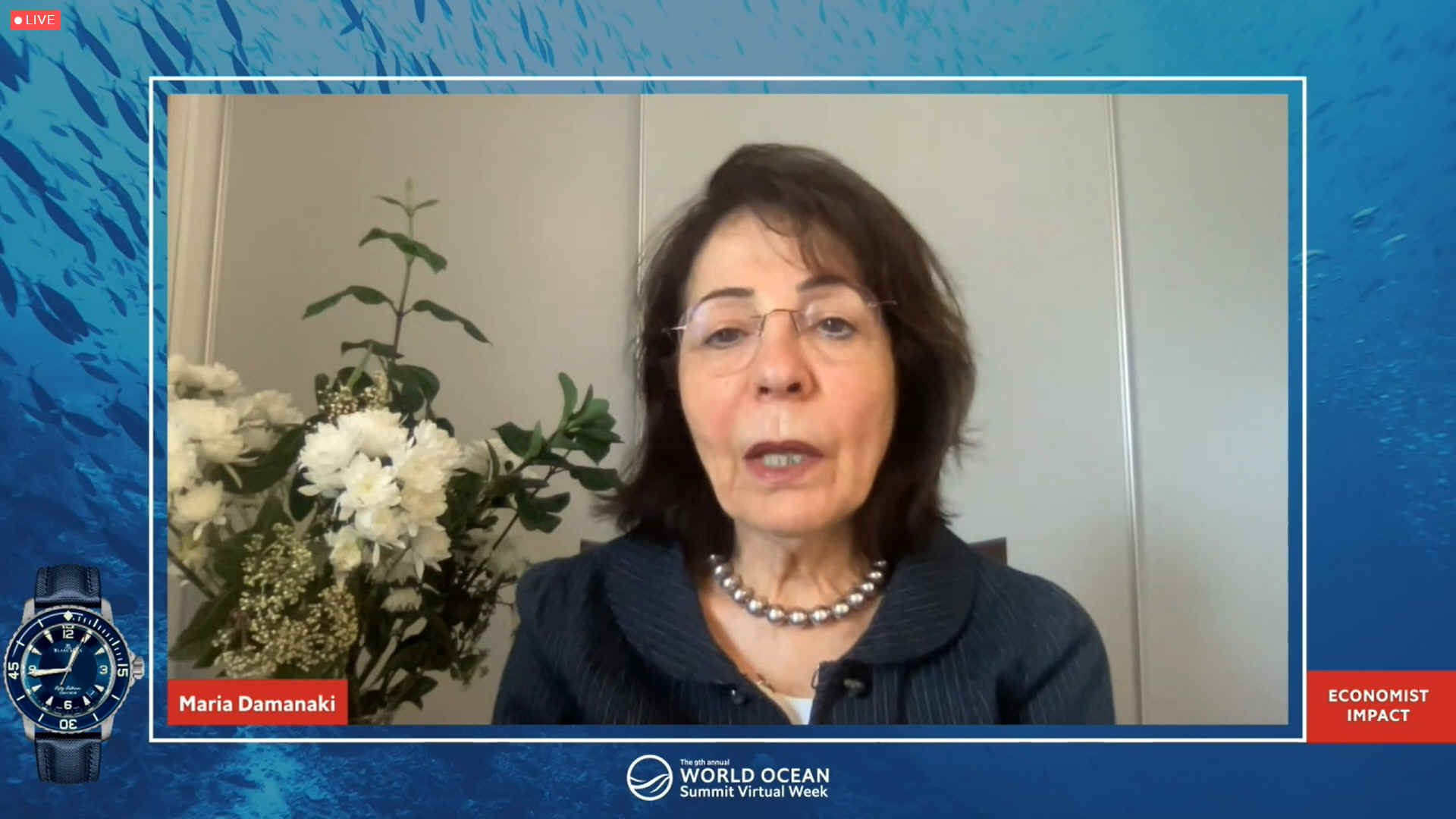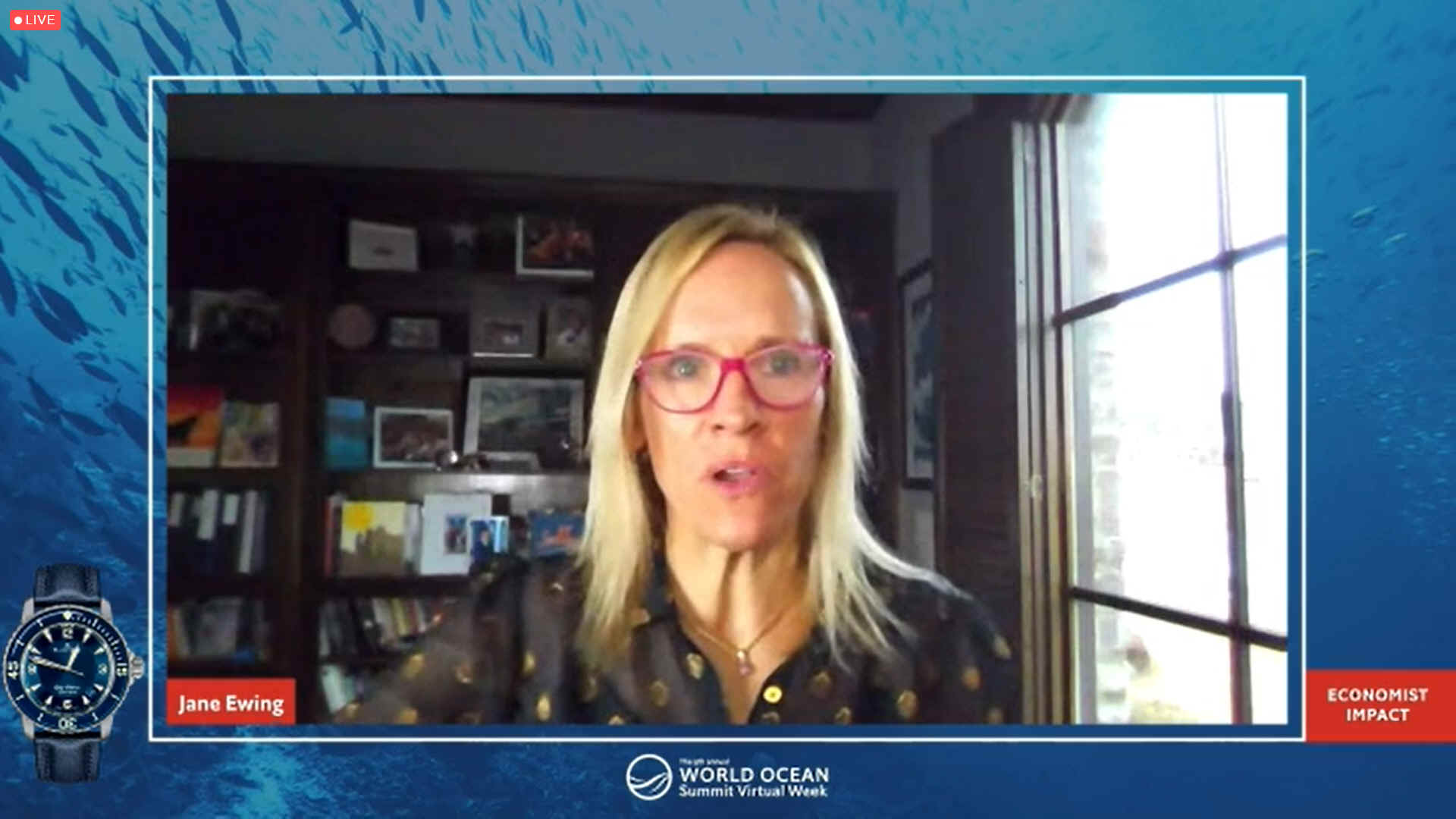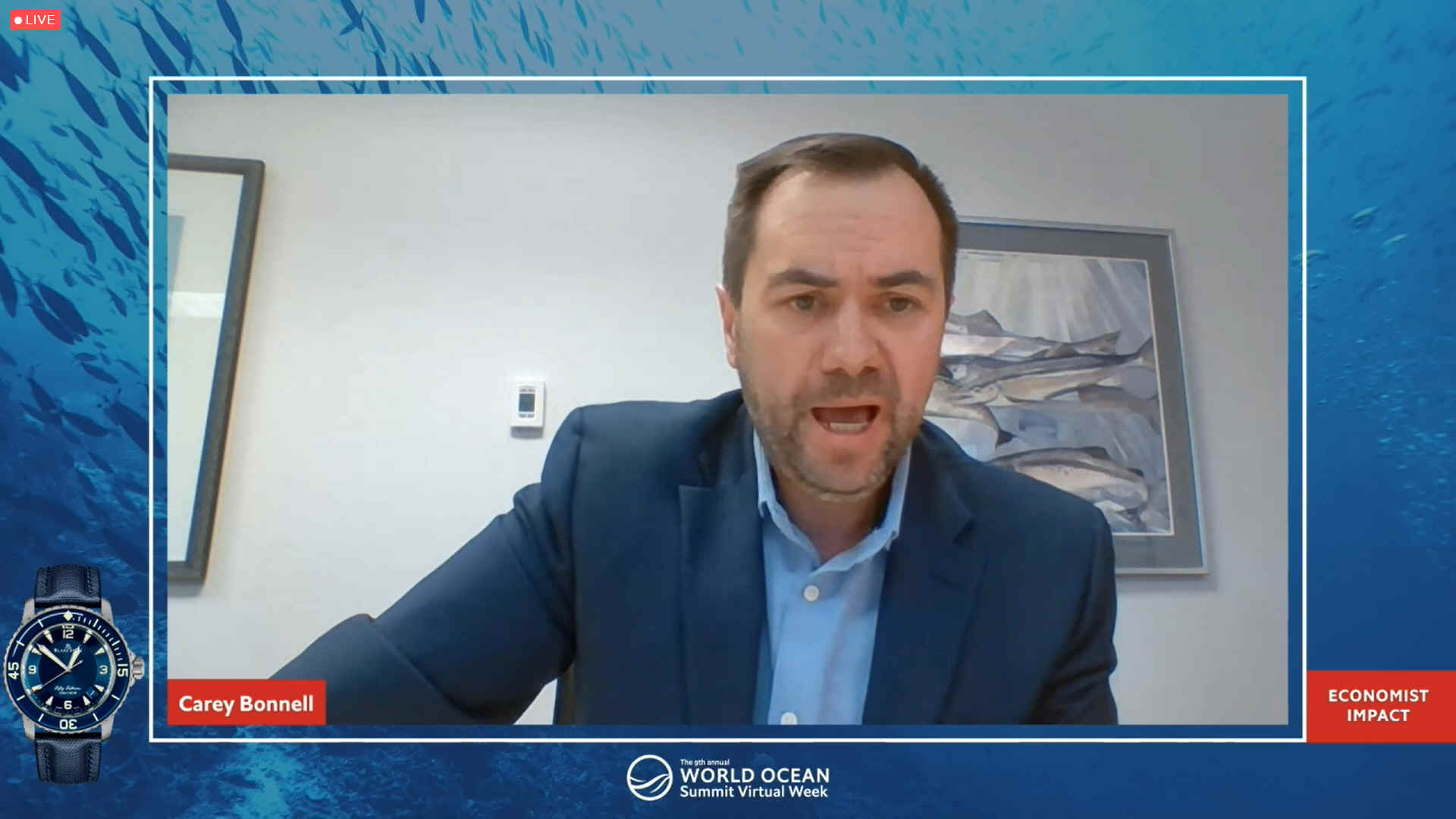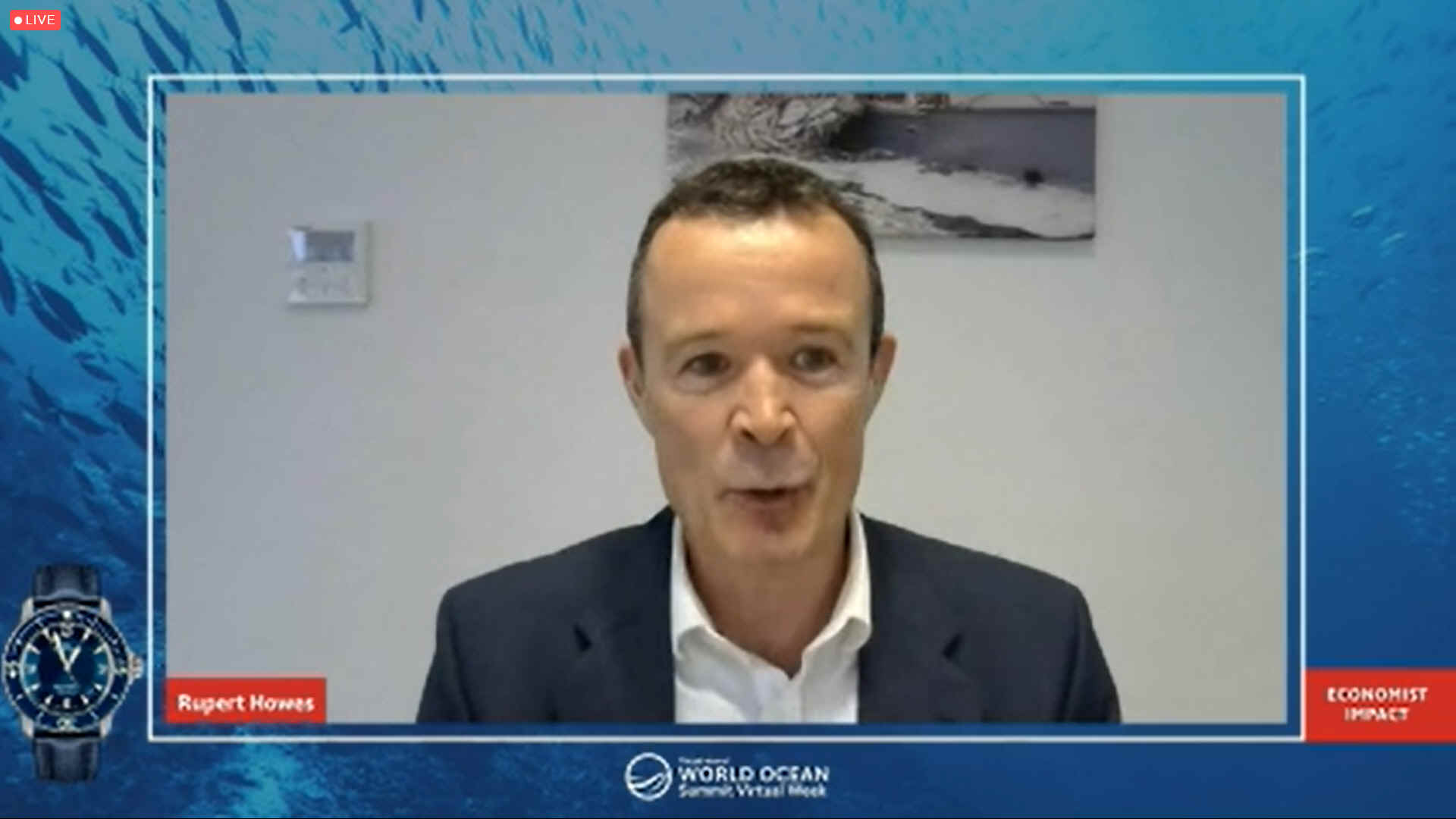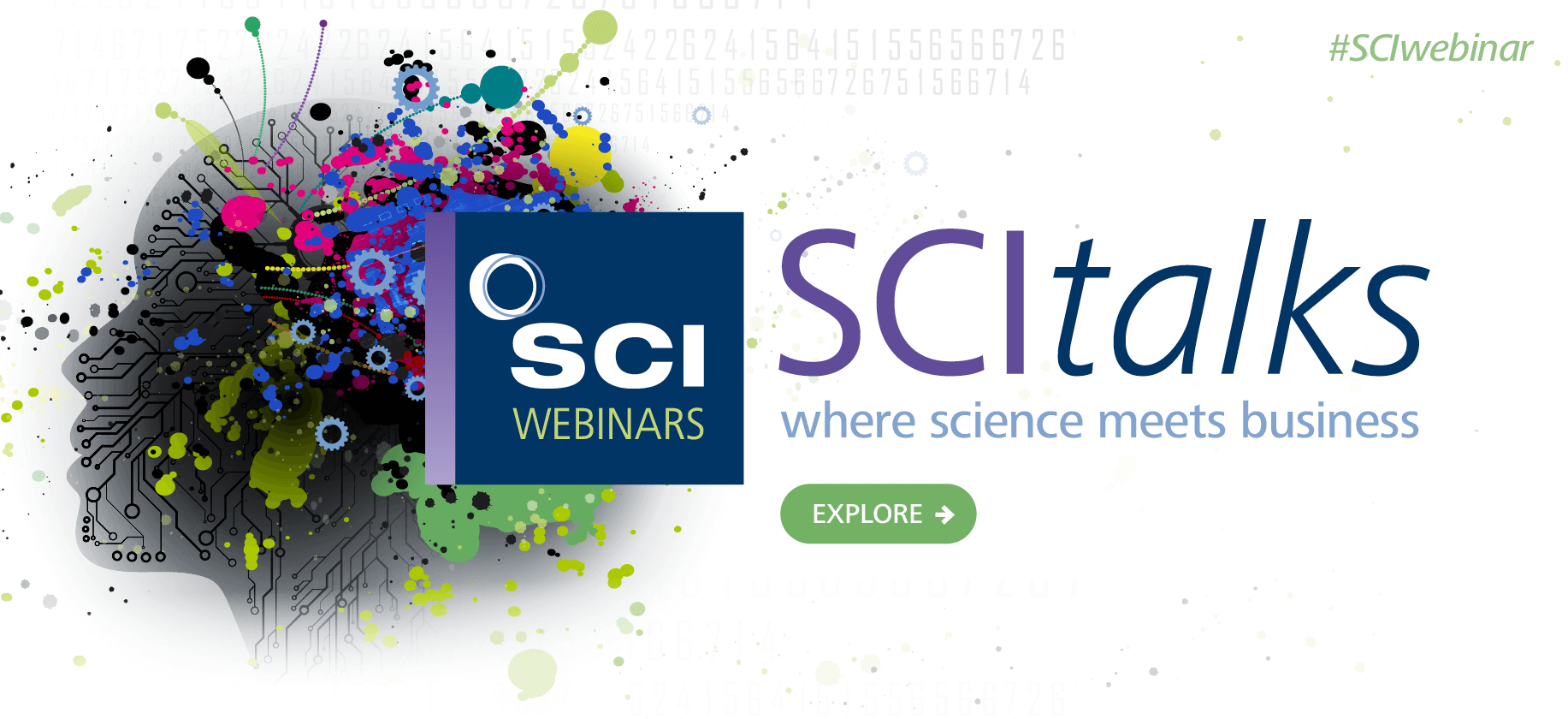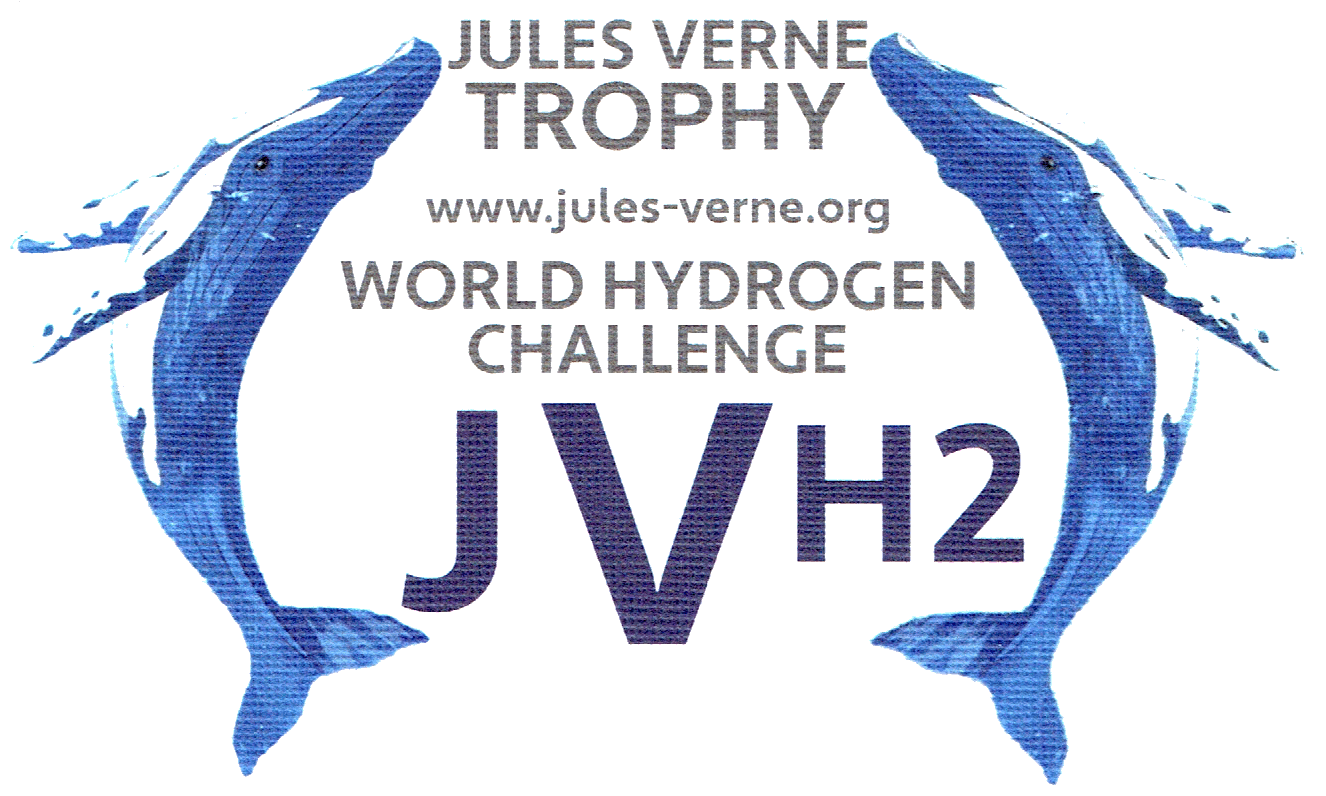|
FISHING 9th ANNUAL WORLD OCEAN SUMMIT 2022
PLEASE USE OUR A-Z INDEX TO NAVIGATE THIS SITE, OR RETURN HOME
|
|||
|
|||
TUESDAY
1st MARCH 2022
On behalf of each attendee this year, we will be supporting the removal of 500,000 ocean-bound plastic bags in Goa, India, thanks to our sustainability partner: rePurpose Global.
The 9th annual World Ocean Summit will feature six industry tracks focusing on:
Topics covered in each track include:
AQUACULTURE
FISHING
Anne McElvoy is a former foreign correspondent and columnist. She began her career at the London Times, covering east Germany, German unification, the Balkans and Russia, before becoming deputy editor of the Spectator and political columnist of the Daily Telegraph. Most recently she was executive editor of the London Evening Standard and the newspaper’s political columnist. She joined The Economist in 2011. Ms McElvoy also presents the BBC arts and ideas programme “Night Waves” and is a regular panellist on the BBC Radio 4 “Moral Maze” and BBC2 “Review Show”. She also makes political documentaries.
Amina Mohammed is deputy secretary-general of the United Nations and chair of the United Nations Sustainable Development Group. She previously served as Nigeria’s minister of environment. Ms Mohammed first joined the United Nations in 2012 as special adviser to former secretary-general Ban Ki-moon, with responsibility for post-2015 development planning. She led the process that resulted in global agreement on the 2030 Agenda for Sustainable Development and the creation of the Sustainable Development Goals. Ms Mohammed began her career working on the design of schools and clinics in Nigeria before moving into the public sector, where she advised four successive presidents on poverty, public-sector reform and sustainable development.
Virginijus Sinkevičius is Commissioner for the Environment, Oceans and Fisheries at the European Commission. From 2017 to 2019 he served as Minister of Economy, and before this he led the Economics Committee of the Lithuanian parliament. Mr Sinkevičius was elected to parliament in 2016. Prior to this he was a team lead for regulatory affairs at Invest Lithuania.
OCEAN REGENERATION - The SeaVax project (above) proved that it was possible to filter plastic from the oceans using a solar powered machine to target micro and macro plastic. It was unfortunate that Brexit shrouded EU Horizon 2020 applications in political mist, as much as what many have said was a perverse decision on the part of the UK Charity Commission, not to classify the project as a charitable enterprise. Without funding of any sort, the project stalled at the 1:20 scale stage, not going on to full or even half size prototypes. And was eventually cancelled in 2020. But even so, in late 2021, volunteers completed tests of the beach launching system - convincingly demonstrating that element of the project - with successful (proof of concept) trials, that should be published in 2022 or 2023 as time allows. The project was thus a success in scientific terms, if not implemented at a practical level. Please note that development and operations of such machines is a loss maker, with no customer to be able to recover costs. As such, no business model is possible. A business, by definition being a profitable concern. Financing ocean restoration is thus the single biggest hurdle. A matter governed by political will and established conflicts of interest. The G20 should stand up to be counted, to atone for their dirty habits.
In our view, there is something seriously wrong with a world that allows a project such as SeaVax to go unaided. Events such as this will be looking at leveraging equitable incentives for innovative ocean entrepreneurs of the future.
Cleaner Ocean Foundation advocate a multi pronged attack on plastic, by reduction of disposable packaging and re-design, or outright ban on some items that cannot be effectively recycled. This is in addition to seeking replacements, by way of biodegradable and compostable plastics, etc. One fast food chain that has reacted to the polymer crisis in timely fashion is McDonalds. Now using paper and cardboard packaging for their burgers.
The general consensus is that seafood is becoming more toxic as fauna soak up carcinogens, from ingesting plastics laced with poisonous substances, potentially raising cancer rates in humans and overburdening our health services.
Eventually, it is thought that whaling may have to be re-instated to make up for lost fish protein. A sad situation if it ever comes to that.
What is the big picture for ocean regeneration, and how can collaboration between governments, industry, investors, scientists and NGOs bring it about? These sessions will outline International expertise, ambition and new strategies to restore ocean health.
What is the big picture for ocean regeneration, and how can collaboration between government, industry, investors, scientists and NGOs bring it about? This panel will share expertise, ambition and new strategies.
Oceano Azul Foundation works around three concepts: blue generation, blue natural capital and blue network. Using a science-based approach, our model of change integrates these three concepts to support projects on literacy, conservation, blue economy and capacity-building working with governments and civil society organizations to advance the international ocean agenda.
Contact: jmartins@oceanoazulfoundation.org
Martin Koehring is senior manager for sustainability, climate change and natural resources at Economist Impact (part of The Economist Group). He leads Economist Impact’s sustainability-related policy and thought-leadership projects in the Europe, Middle East and Africa region. He is also head of the World Ocean Initiative, inspiring bold thinking, new partnerships and the most effective action to build a sustainable ocean economy. Mr Koehring serves on the Advisory Committee for the UN Environment Programme’s Global Environment Outlook for Business and is a faculty member in the Food & Sustainability Certificate Programme of the European Institute for Innovation and Sustainability.
Tiago Pitta e Cunha is chief executive of the Oceano Azul Foundation. He has worked on ocean policies for two decades as a policymaker in the
United
Nations, the Government of Portugal, the European Commission and as an independent consultant. He has been an advocate for the strategic importance of the ocean and seas both for Portugal and for Europe, in Lisbon and in Brussels. Formerly Mr Pitta e Cunha was advisor for environment, science and maritime affairs to the president of Portugal.
Dr.
Richard Spinrad is the US under-secretary of commerce for oceans and atmosphere and administrator of the National Oceanic and Atmospheric Administration (NOAA). Dr Spinrad is responsible for the strategic direction and oversight of NOAA, including its more than 12,000 employees and portfolio of products and services to address the climate crisis, conserve and manage coastal and marine ecosystems, and foster economic development. He previously served as NOAA’s chief scientist, led its Office of Oceanic and Atmospheric Research and National Ocean Service, and was professor of oceanography and vice-president for research at Oregon State University.
Karen Sack is executive director of the Ocean Risk and Resilience Action Alliance (ORRAA), a multi-sector collaboration co-founded by AXA and Ocean Unite to build resilience in regions and communities most vulnerable to ocean risk, through finance and insurance products that incentivise investment in nature-based solutions. She is also president and CEO of Ocean Unite, a non-profit organisation that engages impactful voices at key moments to catalyse ocean conservation action. Previously Ms Sack was senior director for international oceans at The Pew Charitable Trusts, where she initiated the Global Ocean Commission. She has also been head of Greenpeace International’s political and business unit and of their international oceans campaign.
Andrew Hudson is head of the water and ocean governance programme in UNDP’s Bureau for Policy and Programme Support. An environmental scientist with a specialisation in environmental economics and policy, Dr Hudson oversees and provides strategic, policy and technical guidance on all aspects of the development, implementation and evaluation of UNDP’s work in water and ocean governance, with a portfolio of about $450m working in more than 100 countries.
The damage done by overfishing goes beyond the harm to marine environments—it also affects the billions of people who rely on fish for protein and for their livelihoods. What needs to be done to reform fisheries management and to encourage fishing practices that will conserve ocean health, sustain livelihoods and contribute to food security?
As an independent consultant Maria Damanaki is a principal advisor to SYSTEMIQ (London), Paradise Foundation (China) and Rockefeller Brothers Foundation (USA). She served for five years as global managing director for oceans at The Nature Conservancy USA. She was also European Union Commissioner for Maritime Affairs and Fisheries. Under her leadership the commission introduced the Blue Growth Agenda. Ms Damanaki was the first woman leader of a Greek political party and is the author of four books on gender and human rights, education and European policy. She is a member of the Friends of Ocean Action of the World Economic Forum.
Jane Ewing leads Walmart’s sustainability efforts. Her remit includes the company’s efforts to reach zero emissions by 2040 as well as responsible sourcing, product sustainability, natural resources restoration and people in the supply chain. Ms Ewing joined Walmart in 2012 as a senior vice-president for the international division and has served in multiple leadership roles, including in Walmart US merchandising, business development, store reinvention and digital acceleration, and more recently as chief people officer for Walmart International, supporting around 700,000 associates in 26 countries. Before joining Walmart she spent 20 years with Diageo, including roles in northern and eastern Europe and the Middle East.
Carey Bonnell’s career in the seafood industry spans almost 25 years, including roles such as managing director of the Canadian Centre for Fisheries Innovation, acting assistant deputy minister of the Government of Nunavut’s Department of Environment and eight years as the head of the School of Fisheries at the Marine Institute, Memorial University of Newfoundland and Labrador. In 2018 Mr Bonnell joined Ocean Choice International, where he is vice-president of sustainability and engagement. He also serves as industry co-chair of the Canadian Seafood Value Chain Roundtable, a board member of the Canadian Centre for Fisheries Innovation, and an executive committee board member of the Fisheries Council of Canada.
Rupert Howes - Chief Executive - Marine Stewardship Council an international non-profit organisation that recognises and rewards efforts to protect the ocean and safeguard seafood supplies for the future. Book a meeting or start a chat to ask our experts about sustainable fishing.
CONTACTS
|
|||
|
LINKS & REFERENCE
https://events.economist.com/world-ocean-summit/
|
|||
|
|
|||
|
PLEASE USE OUR A-Z INDEX TO NAVIGATE THIS SITE
This website is provided on a free basis as a public information service. copyright © Cleaner Oceans Foundation Ltd (COFL) (Company No: 4674774) 2022. Solar Studios, BN271RF, United Kingdom. COFL is a company without share capital whose founding objects are charitable, being not-for-profit.
|
